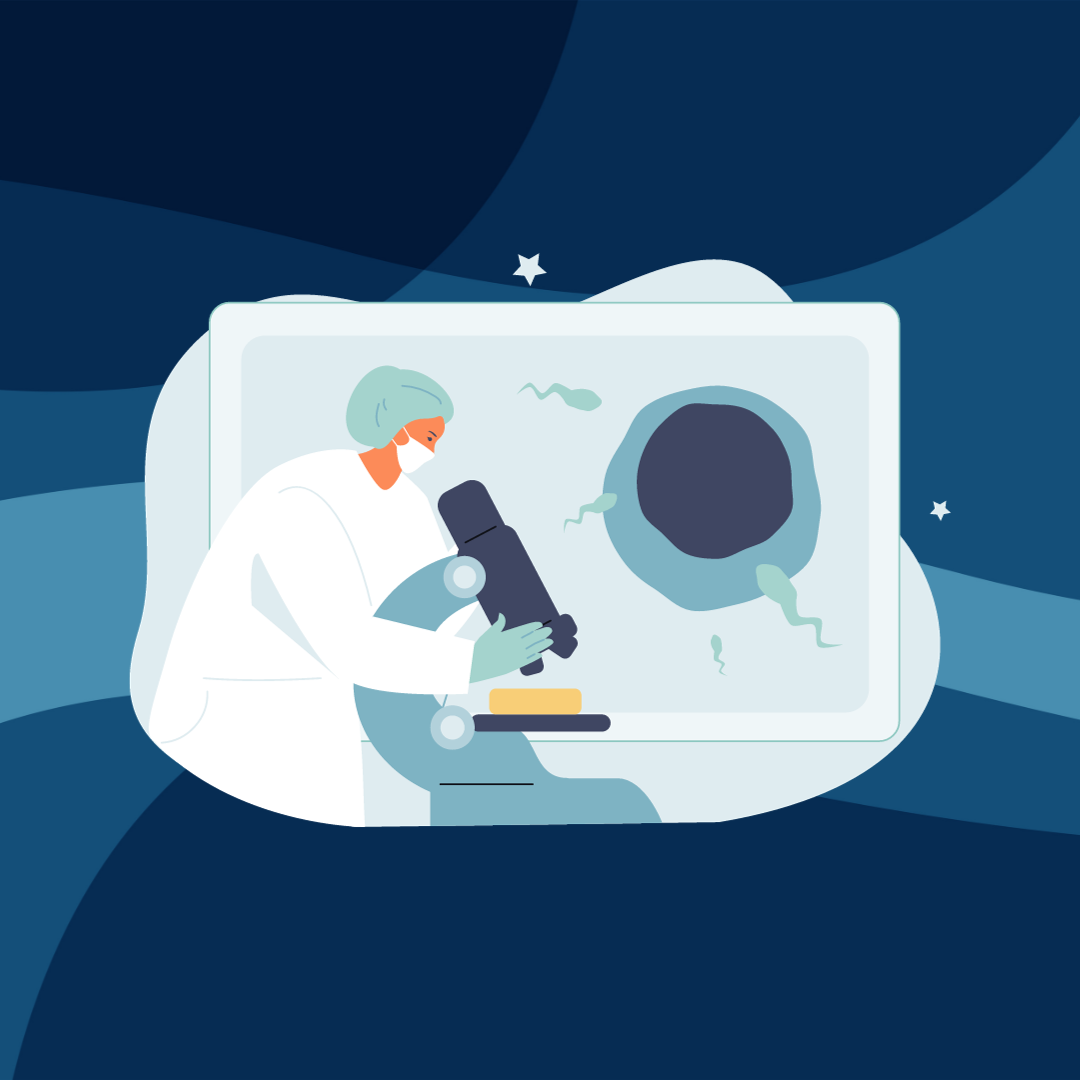The Beginning of a Bad TRIP – Alabama’s Embryonic Personhood Decision and Targeted Restrictions on IVF Provision
By Katherine L. Kraschel,
Bill of Health
| 02. 21. 2024
Last week, the Alabama Supreme Court called frozen embryos created via in vitro fertilization (IVF) “extrauterine children” and referred to the cryotanks where they are stored as “cryogenic nurser(ies).” The Court sided with couples who claim the accidental destruction of frozen embryos created through IVF and cryopreserved ought to be treated equally to the death of a child.
The case, LePage v. Center for Reproductive Medicine, involves plaintiffs seeking punitive damages from an Alabama fertility clinic for the “wrongful death” of their embryos that were destroyed when a patient in the hospital where they were stored removed them from the cryotank. While the lower Alabama Courts concluded that the cryopreserved embryos were not a person or child under the state’s law, the Alabama Supreme Court disagreed and held that the state’s Wrongful Death of a Minor Act “applies to all unborn children, regardless of their location,” and that the plaintiff’s wrongful death claims could proceed.
Thoughtful scholars have argued that existing state laws do not sufficiently redress mistakes and accidents that occur in the process of fertility care, pregnancy...
Related Articles
By Diaa Hadid and Shweta Desai, NPR | 01.29.2026
MUMBRA, India — The afternoon sun shines on the woman in a commuter-town café, highlighting her almond-shaped eyes and pale skin, a look often sought after by couples who need an egg to have a baby.
"I have good eggs,"...
By George Janes, BioNews | 01.12.2026
A heart attack patient has become the first person to be treated in a clinical trial of an experimental gene therapy, which aims to strengthen blood vessels after coronary bypass surgery.
Coronary artery bypass surgery is performed to treat...
By Staff, ScienceDaily | 01.05.2026
Scientists at UNSW Sydney have developed a new form of CRISPR technology that could make gene therapy safer while also resolving a decades-long debate about how genes are switched off. The research shows that small chemical markers attached to DNA
...
Following a long-standing CGS tradition, we present a selection of our favorite Biopolitical Times posts of the past year.
In 2025, we published up to four posts every month, written by 12 authors (staff, consultants and allies), some in collaboration and one simply credited to CGS.
These titles are presented in chronological order, except for three In Memoriam notices, which follow. Many more posts that are worth your time can be found in the archive. Scroll down and “VIEW...




